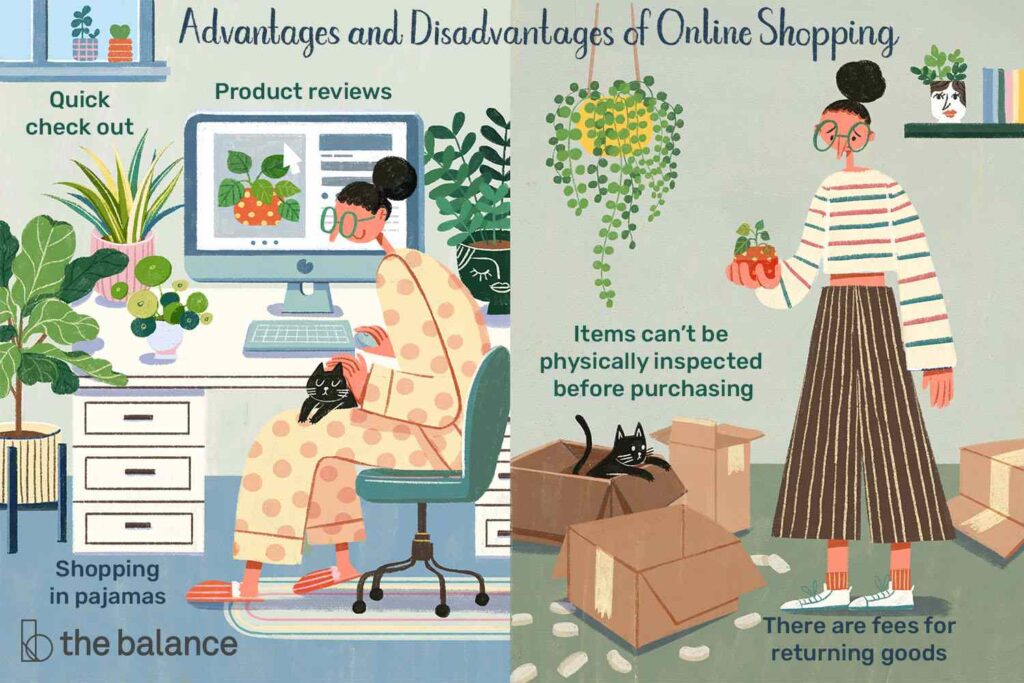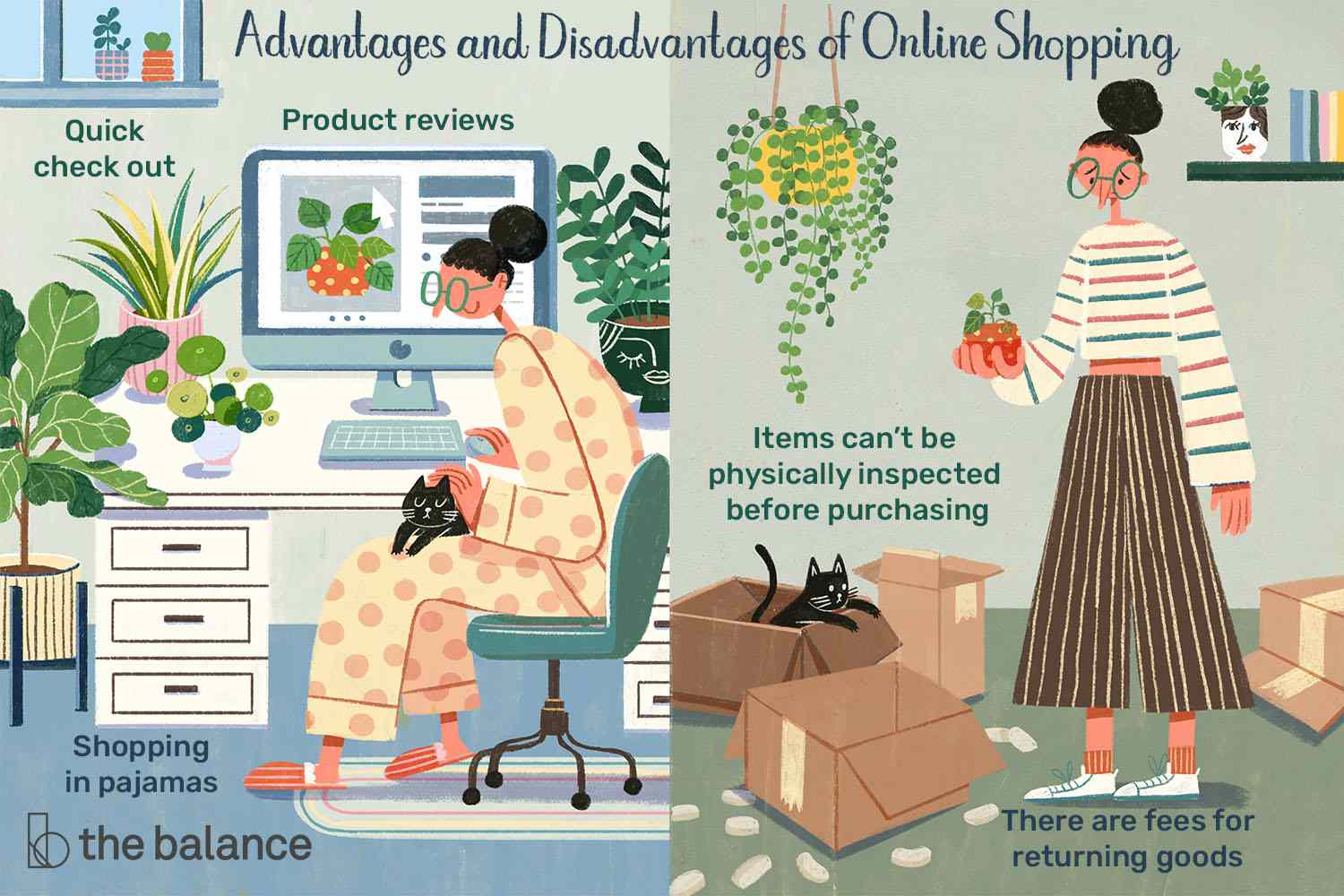The Convenience Debate: Analyzing the Pros and Cons of Online Shopping
Online shopping has made our lives easier, allowing us to shop from the comfort of our homes and get our hands on items we may not have access to locally. The convenience of online shopping is undeniable, with 24/7 accessibility and the ability to compare prices and products easily. However, the downside of online shopping is the inability to physically see and touch the products before purchasing, which can lead to disappointment and the hassle of returns. Additionally, there are security concerns with providing personal and financial information online. Ultimately, it’s important to weigh the pros and cons of online shopping to determine whether it’s the right choice for you.

Pros:
Convenience
Online shopping has revolutionized the way we shop by providing unparalleled convenience. With just a few clicks, you can browse through countless products, compare prices, and make purchases from the comfort of your own home. No need to brave crowded malls or busy streets or deal with parking hassles. Plus, online shopping often offers a wider selection of products, including hard-to-find items, and can save you money with exclusive deals and discounts. It’s a game-changer for busy people who value their time and prefer to shop on their own terms.
More choices
Online shopping provides an unparalleled variety of products and brands at your fingertips. From luxury items to niche products, the internet has it all. This is particularly helpful for those living in rural or remote areas, where physical stores may not have the same range of products as those in larger cities. Plus, with the ability to compare prices and read reviews from other shoppers, you can make more informed purchasing decisions when shopping online.
Better prices
Shopping online can be a cost-effective option for consumers, as many online retailers offer lower prices than physical stores due to their lower overhead costs. Additionally, online shopping allows shoppers to easily compare prices from different retailers, helping them to find the best deals and discounts available. This can be especially beneficial for those on a budget or looking to save money on their purchases. However, it’s important to also consider shipping costs and potential delays, which can add to the overall cost and time of the online shopping experience.
Cons:
Shipping costs
While online shopping may offer convenience and a wider selection of products at better prices, one of the biggest downsides is the additional cost of shipping. Many retailers offer free shipping with minimum purchase amounts or subscription services, but for smaller orders, the cost of shipping can add up quickly. It’s important to consider the total cost of your purchase, including shipping fees, to determine if online shopping is really the most cost-effective option for you.
No tactile experience
Another disadvantage of online shopping is the inability to physically touch or see the product before making a purchase. This can be a problem, especially for items like clothing and furniture, where fit and quality are important. It can be challenging to judge the actual color, texture, and size of a product based solely on a photo or description, which can lead to disappointment and the hassle of returning items.
Waiting for delivery
Waiting for delivery can also be unpredictable, with delays or lost packages causing frustration and inconvenience. It can also be difficult to return items if they don’t meet your expectations or if there’s a mistake with your order. Overall, while online shopping has its benefits, it’s important to weigh the pros and cons and decide if it’s the right choice for your shopping needs.
Security concerns
Online shopping can raise concerns about the security of personal and financial information provided during the purchase process. While many online retailers take precautions to protect customer data, there is still a risk of cyber-attacks and identity theft. It’s important to be vigilant about using trusted and secure websites, regularly updating passwords, and monitoring financial statements for any suspicious activity. It’s understandable for some people to feel apprehensive about sharing personal information online, but by taking the necessary precautions, online shopping can still be a safe and convenient way to shop.
Image Source : The balance







